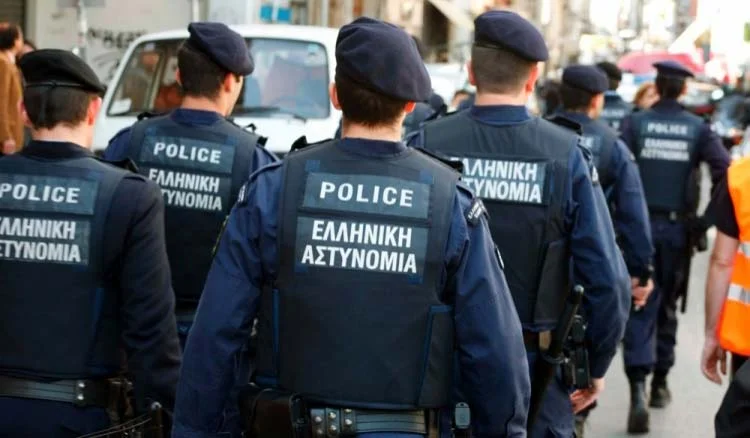Torture and ill-treatment by police officers in Greece
/By Panayote Dimitras, Spokesperson, Greek Helsinki Monitor
In mid-August 2002, Georgios Sidiropoulos and Ioannis Papakostas, two youngsters who had never met each other before, were taken to an Athens police station on alleged traffic violations (never subsequently confirmed by the courts). A police officer on duty took them to an office and repeatedly used a taser gun against them, to punish them because they had allegedly resisted arrest. The complaints launched in the following days led to an administrative investigation that concluded that their claims were false as the officer simply had used a wireless . A criminal investigation which after several years led to the only trial in Greece where a police officer was irrevocably convicted for torture - a full 12 years after the eents, in 2014 . The sentence was a mere 5 years converted into the minimum fine possible of 5 euros per day. The officer convicted for torture did not spend even one day in detention or in prison.
Source: Panayote Dimitras
In January 2018 the European Court of Human Rights found Greece in violation of Articles 3, 6.1 and 13 of the Convention. In particular, the Court found that “the criminal and disciplinary system had proved to be seriously lacking in rigour and incapable of having a deterrent effect to ensure the effective prevention of illegal acts such as torture.”
This was the most recent of the thirteen cases in the Makaratzis group, concerning impunity for the use of potentially lethal force; ill-treatment sometimes amounting to torture; absence of effective administrative and criminal investigations; inadequate criminal proceedings and penalties; and in some cases a failure to investigate possible racist motives. The leading case (the shooting of Christos Makaratzis) dates from 199
The Committee of Ministers had confined its three examinations of the execution of these cases in 2012, 2015 and 2017 to welcoming the information provided by Greece on the modernization of the law on the use of arms, the establishment of an office to review the related complaints, and the possible reopening of the cases adjudicated by the ECtHR. Three written submissions from the Greek Helsinki Monitor and one from REDRESS highlighted the ineffectiveness of the Greek state’s response. These were followed by an oral briefing to CM representatives by GHM in November 2018. In December 2018, for the first time, the CM issues a very strong decision seeking a detailed set of information from Greece by September 2019
Greece is now obliged to provide documented information about the effectiveness of the Ombudsman as an Independent Complaints Mechanism. This relates not only to the reopening of investigations in old cases, but also to reviewing new complaints that, as GHM has noted, number in the hundreds. Greece must also amend its legislation to bring the definition of torture in line with international standards and prevent the conversions of imprisonment imposed for torture and other ill-treatment into fines. The state must also provide information on the investigation of possible racist motives when ill-treatment occurs in the context of law enforcement; and, finally, implement its commitment to issue written apologies to the victims.
This decision is a powerful weapon in view of the CPT visit to Greece in 2019, the review of Greece by UN CAT in July-August 2019, and the probable new review of the Makaratzis case by the CM in December 2019. The Greek Helsinki Monitor will seek to capitalise on this decision, by seeking the apologies promised from the authorities; pressing the Ombudsman to conclude at least some of the hundreds of the investigations it has been carrying out since mid-2017 so as to assess their effectiveness; and review the proposed amendments to the criminal code announced by the government so as to assess if they are up to the standards defined by ECtHR, CM, CPT, and CAT. These institutions will be kept closely informed of developments.

